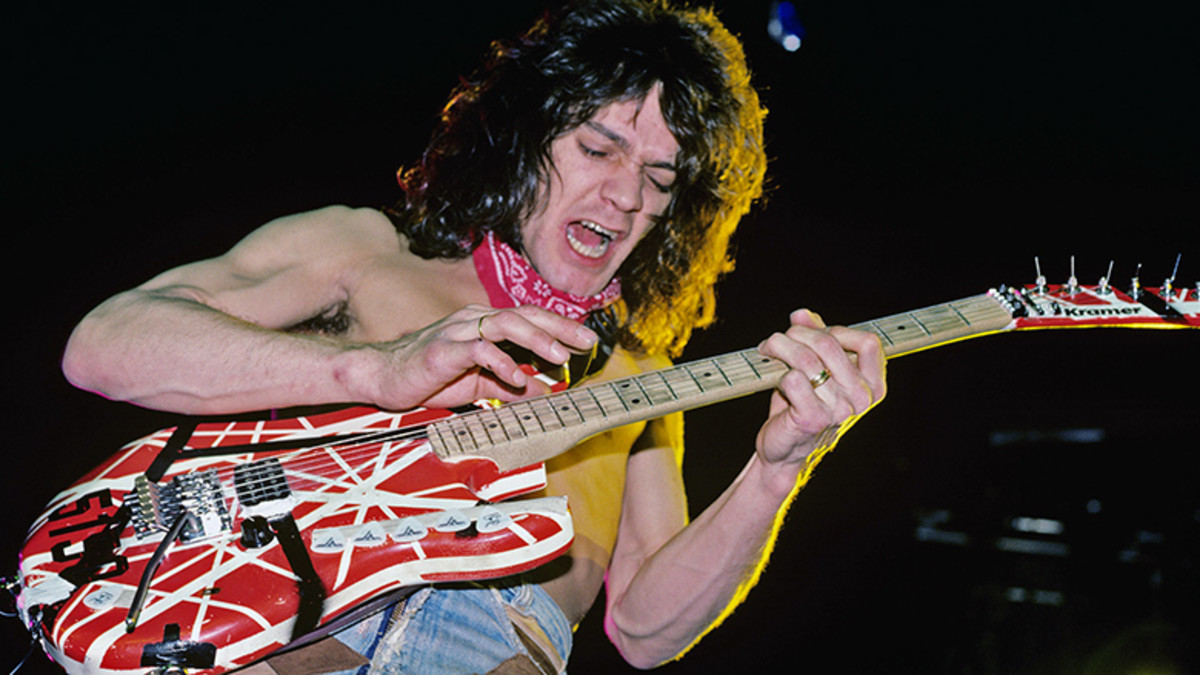After watching Rick Beato’s video “How Computers Ruined Rock Music” I had to sit down and think about music, and how it impacts me. Beato obviously knows what he’s talking about, and is good at producing tracks. But does the idea that “rock music was ruined by computers” ring true?
Well, sort of.
If you expand the idea of “computers” to technology in general, then no, it hasn’t ruined rock music. Without some of the technology we have now, things like the Digitech Whammy wouldn’t exist (and neither would Rage Against The Machine’s iconic sound). There wouldn’t be John Mayer’s “Bigger Than My Body.” We wouldn’t have affordable synthesizers and amplifiers and effects. Technology has come up with some amazing tools for making music, which have greatly impacted rock-n-roll for the better.
But on the production side, I think Beato is very much correct: Perfection is the enemy of Good. He goes into great detail explaining why editing songs so that every part is perfectly on beat and in tune ruins the “feel” of the song. He’s absolutely right.
Music performance, as an art form, is being over-produced into oblivion by the Photoshop generation.
Part of the problem is that producers think people want perfect music. But there’s something “inhuman” about music that’s perfectly on beat. You can’t quite put your finger on it, but subconsciously, you can hear it. There’s no flow, no feeling, no give-and-take with anything. Everything is artificially manipulated to perfection, and the listener can tell. It sounds mechanical.
When I was growing up playing music, hearing a really “tight” band was always a treat. When you realize how hard it is to get a group of people to play together and sound like a single cohesive unit, it makes you appreciate the work that went into it. And if you’ve never heard a band that was really sloppy, you really can’t grasp how much better a “tight” band is.
In the early days of records, the bands would practice their songs, and when they got to the studio, they had one shot to get it right. They played together, sometimes in the same room, and if one of them made a small mistake, they didn’t stop recording. You can hear some of the mistakes on early records: the drummer drops a stick (you can hear him swear at 0:54), but they keep on going. This is a song that made it to radio!
With modern music, the musicians all play to a click track. Then the producer has them do a few takes (usually played independently to make recording easier) to get the base material. Then the band goes home.
At that point, the producer basically uses the band’s recorded audio to create a group of sound bites that are quantized, pitch-corrected, and enhanced to death. Then the producer assembles the song, in pieces, into whatever he wants it to be.
Basically, the band’s live performance becomes nothing more than samples in a digital sampler. It’s a completely artificial performance, assembled by the producer. The band never actually plays the whole song together. And a lot of times, the guitar parts are recorded dry (no effects at all) so the producer can re-amp the guitar sound completely and change the effects after they’re recorded.
What you hear on the radio isn’t an actual performance by a band. It’s pieces of individually recorded parts, chopped up and corrected and reassembled into a musical centerfold.
And so now there’s this huge push to have bands “sound like the record.” But just like girls who “try to look like the models,” the standard they’re trying to reach doesn’t exist. It’s not an actual real performance, any more than the model’s perfect complexion and lack of cellulose is real.
In our church, our band is made up of two older guys (me and the drummer) and everyone else (all in their teens or 20’s). Now, this isn’t necessarily bad, but when the young folks talk about using backing tracks for worship, it always reminds me how produced everything is. We sometimes start a song with a metronome click, but I usually turn it off after the first measure or two. I want our drummer to play however he wants. I follow his rhythmic lead, and he follows my dynamics. That’s how rock bands work. But sadly, he’s in a drum cage, so he can’t hear anything except what we pipe into his ears, which makes it even harder to do a performance by “feel.”
Real musicians that know how to perform are a rare treat nowadays, because the average guy thinks they just have to learn their one part. In reality, an actual performance is so much more than that. Real bands have ebb and flow; they react to each other. The tempo and dynamics change depending on the audience, the players, and any other number of factors. But all of that is lost when you produce a track to death. There’s no interaction, no responsiveness, no natural feel to the music. It’s perfect.
And much like a real naturally beautiful woman, if you’re never seen an amazingly tight live musical performance, you might have a hard time believing they exist.
Good musical performances do exist, but you won’t hear them on the radio.

